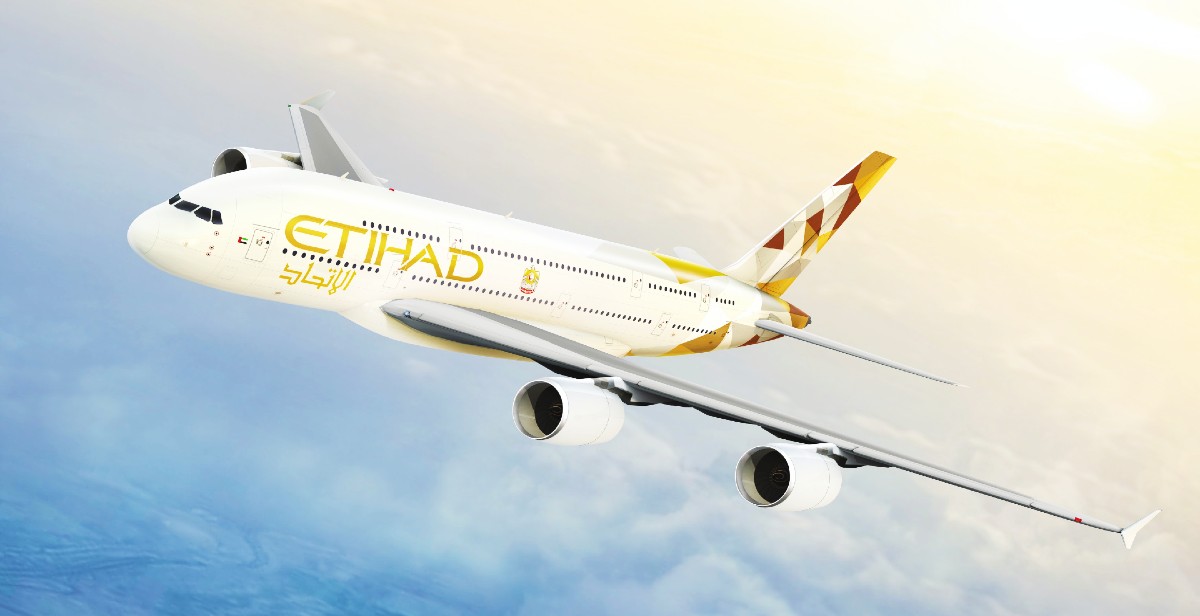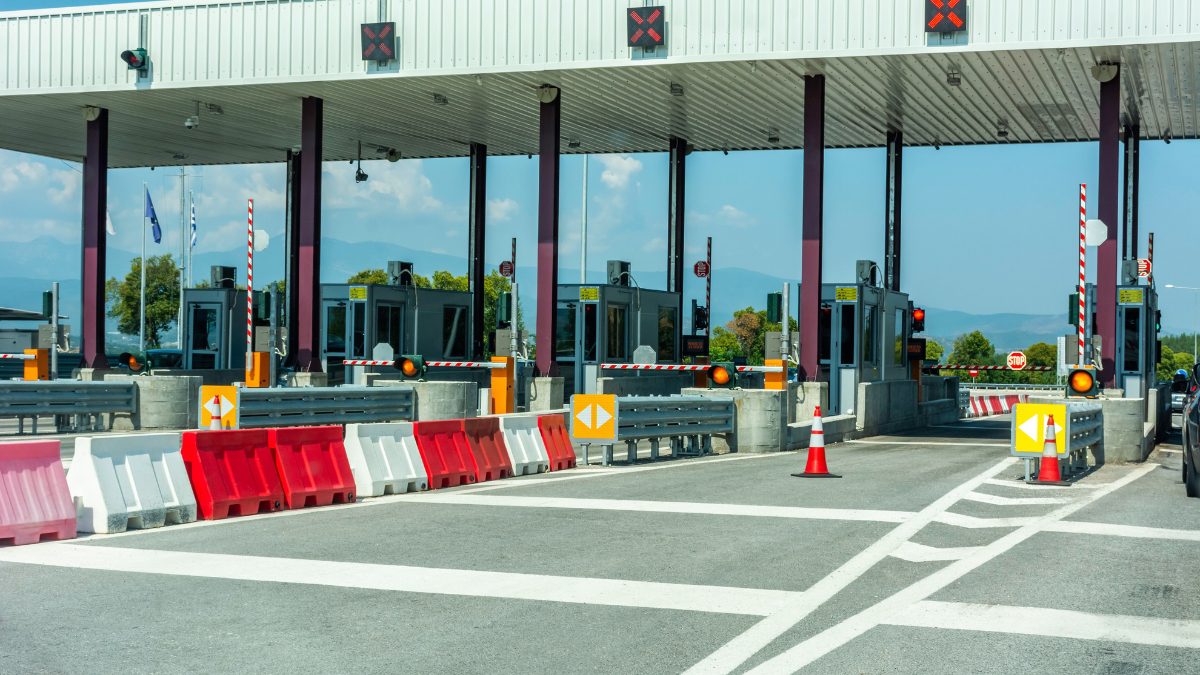Etihad Airways completed the world’s most advanced sustainable aircraft review process(sustainability flight test) , flying 42 eco-flights over the course of five days. The aeroplanes are one of the UAE’s national airline’s drives to greener air travel. Etihad was able to examine a number of operational savings and technology that will assist cut carbon output on flights as part of the recent initiative.
What Difference Will This Sustainability Flight Test Make?
During the trial, the airline managed to shave 40 minutes off travel durations and reduce CO2 emissions by about six tonnes. During the testing phase, Etihad’s newest aircraft, the Sustainable50 A350-1000, was the first A350 to fly as an eco-flight. The three-day effort, which coincided with Earth Day 2022, comprised 22 contrail prevention flights.
Also Read:Etihad Announces Flight Cancellations Till March 28; Details Here
Did They Use Fuel Substitute?
Some eco-flight operations relied heavily on sustainable aviation fuel or SAF. Etihad has requested industry and regulatory actions in order to make the usage of this fuel more feasible.
SAF will play an increasingly heavy role in aviation’s energy transition. However, it is presently up to 6 times more expensive than standard aviation fuels and hard to acquire for airlines.
Government policy reforms, continuous R&D, distribution network improvements, and refinement advancements are all needed to meet this issue.
Also Read: Etihad Launches 50% Sale For 50 Hours To Celebrate UAE’s Golden Jubilee
Other eco-flight technology included employing changing speeds to conserve fuel while cruising and eliminating the need of flaps while landing on adequately long runways. This is to decrease drag and prevent shutting down a single-engine of the aircraft after landing to reduce engine taxiing, a feature that can cut carbon emissions by up to 40%.
All data collected during the test flights will be initially evaluated and contributed to the airline’s knowledge base. They will further utilise it to assist the aviation industry in its journey to emissions reductions.
First Published: May 07, 2022 2:52 PMThe ‘Greenliner’, Etihad’s inaugural eco flight, landed at Abu Dhabi airport on Thursday morning.https://t.co/yrWynkKFWH#UAE pic.twitter.com/09PIUnBhZ8
— Gulf Daily News (@GDNonline) January 23, 2020




